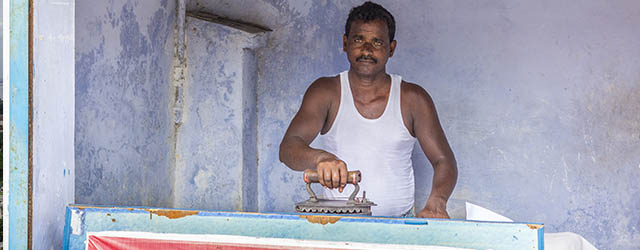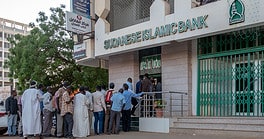Milestones | India

The Reserve Bank of India’s recent bid to offer licenses for setting up small finance and payment banks has elicited an overwhelming response, with at least 113 companies entering the fray. As of February 2, RBI had received applications from 72 companies to set up small finance banks, while 41 others had expressed interest in starting up payment banks. License holders have to commence operations within 18 months of being granted a license and are expected to provide services to small-scale and marginalized customers currently outside the ambit of the banking sector.
The move is also widely expected to give a leg up to the financial inclusion drive initiated last summer by prime minister Narendra Modi.
Two independent panels set up by the RBI are already busy vetting the applications made for these small and differentiated banks. Targeted clientele include small businesses, unorganized sector enterprises, low-income households, farmers and a substantial migrant workforce, whose members may avail themselves of loans of up to $2,000 each.
Leading Indian private companies like Reliance Industries, Aditya Birla—one of the largest conglomerate corporations in India—and Airtel M Commerce have applied to set up payment banks. These companies hope to offer payment solutions to customers as “add-on services” in telecoms and retail stores. Existing local players in microfinance propose to start small finance banks.
The move to establish banks along the lines of community banks in the United States and Europe was first floated by India’s Finance minister, Arun Jaitley, last year. He calls these banks an extension of the government’s financial inclusion drive, which has led to the opening of 125.4 million new accounts in foreign, state-run and Indian private banks.
Payment banks are permitted to undertake such basic transactions as remittances and payment of bills for service providers like telecom companies, day-to-day groceries or utilities like water and electricity. Small finance banks with equity capital of $15 million each will cater to small-deposit holders and offer microloans.



